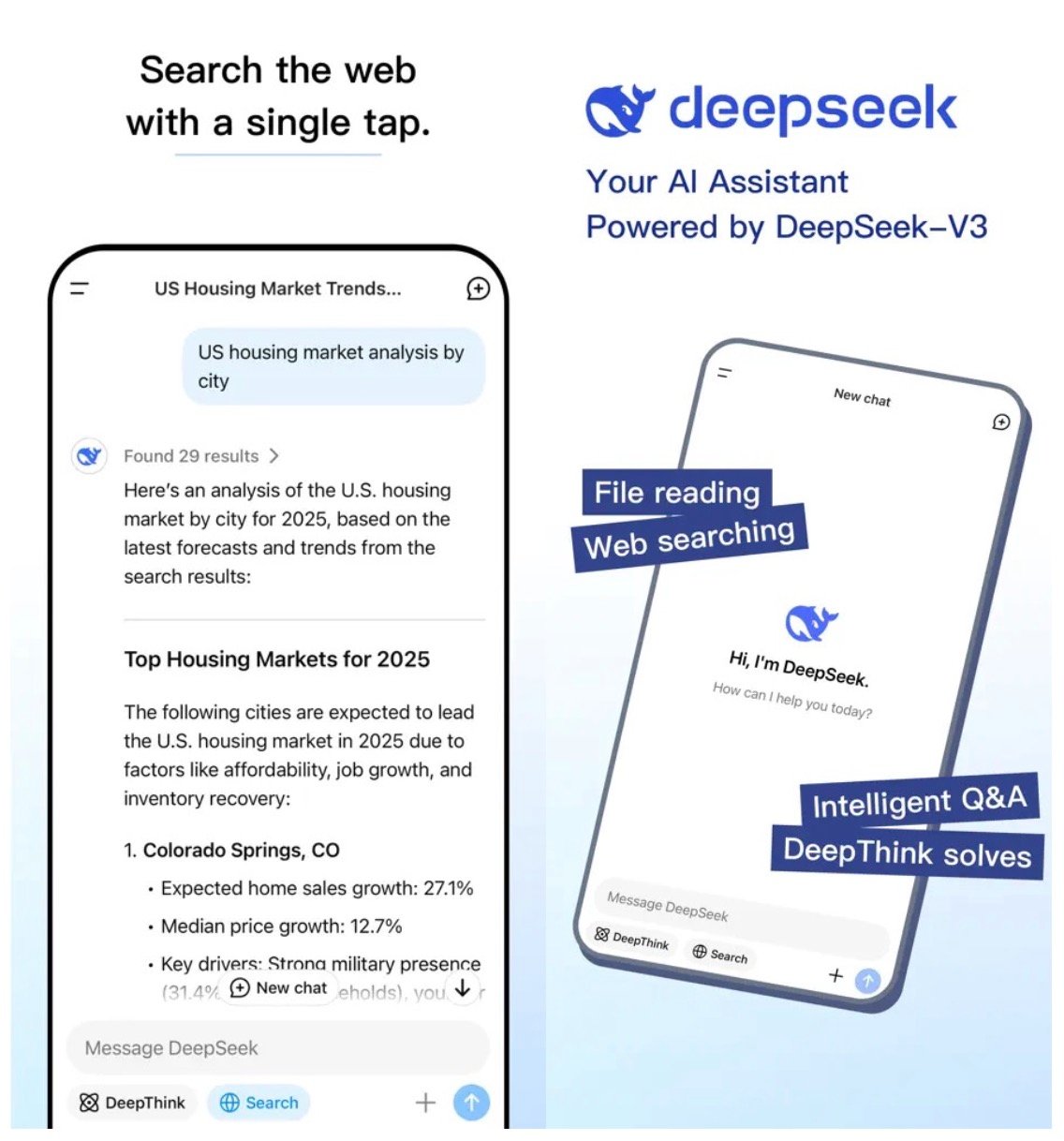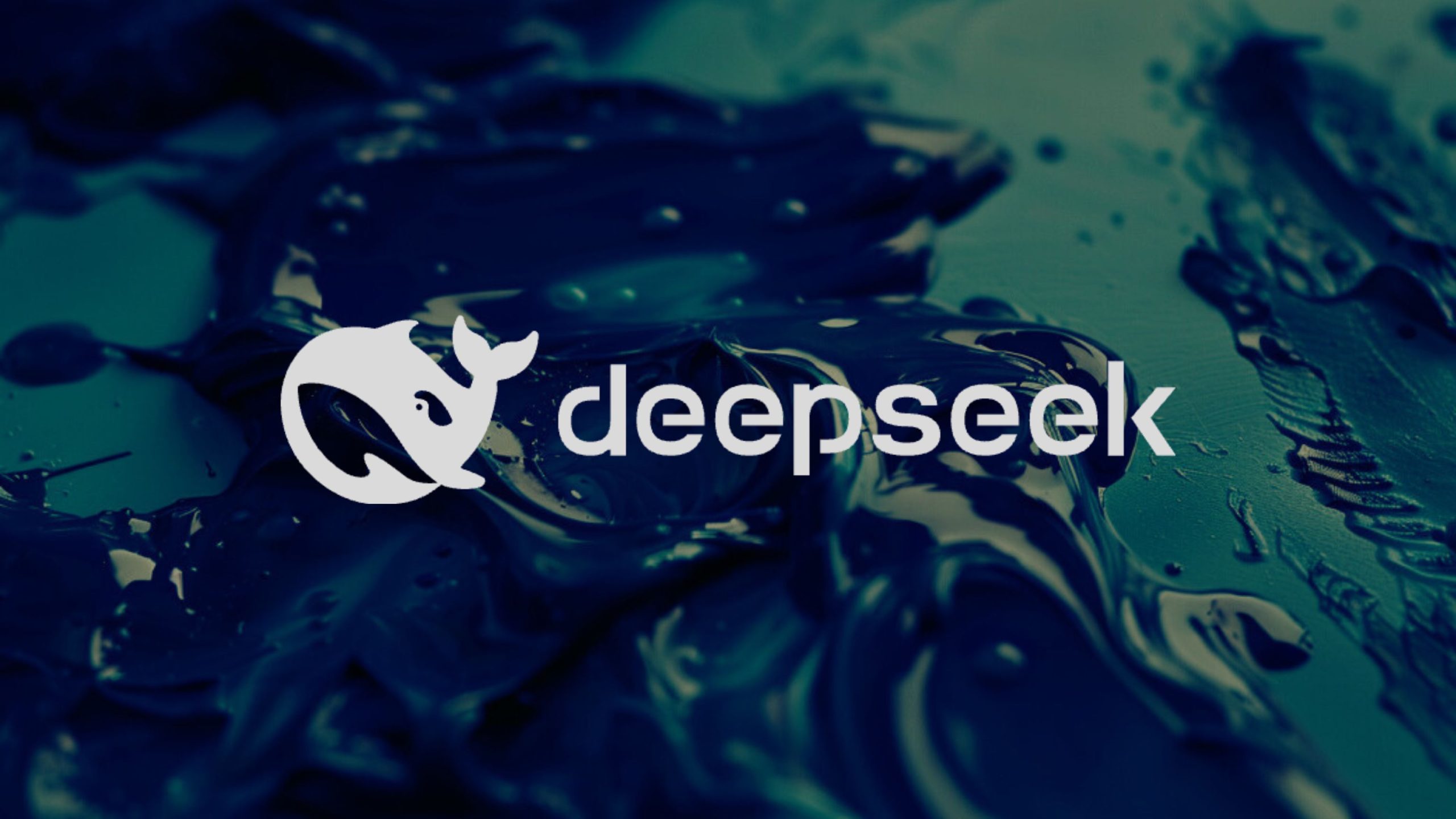A recent regulatory clampdown in the United States on TikTok, a Chinese-owned social media platform, triggered a surge of users migrating to another Chinese app, Rednote. Now, another significant player has entered the spotlight: DeepSeek, a Chinese-developed generative artificial intelligence (AI) platform, which is rapidly gaining traction. The growing popularity of DeepSeek raises questions about the effectiveness of bans like TikTok and their ability to curtail the use of Chinese digital services by Americans.
President Donald Trump has called attention to a recent Chinese AI development, describing it as a “wake-up call” for the US tech industry.
Speaking to Republican lawmakers in Florida on Monday evening, the president emphasized the need for America to strengthen its competitive edge against China’s advancements in technology.
During the event, Trump referenced the launch of DeepSeek AI, highlighting its potential implications for the global tech landscape. “Last week, I signed an order revoking Joe Biden’s destructive artificial intelligence regulations so that AI companies can once again focus on being the best, not just being the most woke,” Trump stated. He continued by explaining that he had been closely following developments in China’s tech sector, including reports of a faster and more cost-effective approach to AI.
“That’s good because you don’t have to spend as much money,” Trump remarked, adding that while the claims about this Chinese breakthrough remain unverified, the idea of achieving similar results with lower costs could be seen as an opportunity for US companies. He stressed, “The release of DeepSeek AI from a Chinese company should be a wake-up call for our industries, that we need to be laser-focused on competing to win because we have the greatest scientists in the world.”
Trump also pointed to what he views as a recognition by China of America’s dominance in scientific and engineering talent. “This is very unusual, when you hear a DeepSeek when you hear somebody come up with something, we always have the ideas,” he said. “We’re always first. So I would say that’s a positive that could be very much a positive development.”

DeepSeek, created by a Chinese AI research lab backed by a hedge fund, has made waves with its open-source generative AI model. The platform rivals offerings from major US developers, including OpenAI. To circumvent US sanctions on hardware and software, the company allegedly implemented innovative solutions during the development of its models.
DeepSeek’s approach to sensitive topics raises significant concerns about censorship and the manipulation of information. By mirroring state-approved narratives and avoiding discussions on politically charged issues like Tiananmen Square or Winnie the Pooh’s satirical association with Xi Jinping, DeepSeek exemplifies how AI can be wielded to reinforce government-controlled messaging.
This selective presentation of facts, or outright omission of them, deprives users of a fuller understanding of critical events and stifles diverse perspectives. Such practices not only limit the free flow of information but also normalize propaganda under the guise of fostering a “wholesome cyberspace,” calling into question the ethical implications of deploying AI that prioritizes political conformity over truth and open dialogue.
While DeepSeek provides multiple options for accessing its AI models, including downloadable local versions, most users rely on its mobile apps or web chat interface.
The platform offers features such as answering queries, web searches, and detailed reasoning responses. However, concerns over data privacy and censorship are growing as DeepSeek collects extensive information and has been observed censoring content critical of China.
DeepSeek’s data practices raise alarm among privacy advocates. The company’s privacy policy explicitly states, “We store the information we collect in secure servers located in the People’s Republic of China.”
This includes user-submitted data such as chat messages, prompts, uploaded files, and chat histories. While users can delete chat history via the app, privacy experts emphasize the risks of sharing sensitive information with such platforms.
DeepSeek also gathers other personal information, such as email addresses, phone numbers, and device data, including operating systems and IP addresses. It employs tracking technologies, such as cookies, to monitor user activity. Additionally, interactions with advertisers may result in the sharing of mobile identifiers and other information with the platform. Analysis of DeepSeek’s web activity revealed connections to Baidu and other Chinese internet infrastructure firms.
While such practices are common in the AI industry, privacy concerns are heightened by DeepSeek’s storage of data in China, where stringent cybersecurity laws allow authorities to demand access to company-held information.
The safest option is running local or self-hosted versions of AI models, which prevent data from being transmitted to the developer.
And with Deepseek, this is simple as its models are open-source.
Open-source AI stands out as the superior approach to artificial intelligence because it fosters transparency, collaboration, and accessibility. Unlike proprietary systems, which often operate as opaque black boxes, open-source AI allows anyone to examine its code, ensuring accountability and reducing biases. This transparency builds trust, while the collaborative nature of open-source development accelerates innovation by enabling researchers and developers worldwide to contribute to and improve upon existing models.
Additionally, open-source AI democratizes access to cutting-edge technology, empowering startups, researchers, and underfunded regions to harness AI’s potential without the financial barriers of proprietary systems.
It also prevents monopolistic control by decentralizing AI development, reducing the dominance of a few tech giants.








